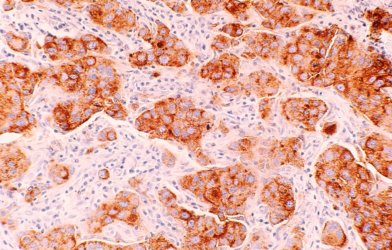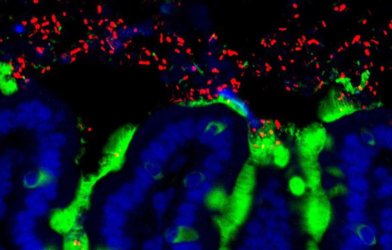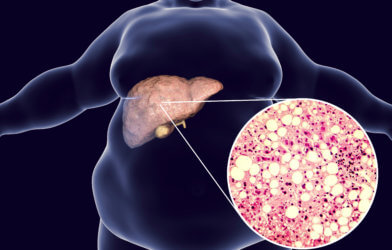Disease Prevention

Unhealthy gut linked to breast cancer spread, recurrenceSeptember 26, 2022

Sexually active gay men more than twice as likely to develop IBD, study showsSeptember 21, 2022

Scientists discover gut bacteria differences in multiple sclerosis patientsSeptember 19, 2022

Researchers discover new IBD drug target that doesn’t harm immune systemSeptember 15, 2022

Some cancer-causing viruses suppress the immune system, thanks to regular gut bacteriaSeptember 14, 2022

Researchers turn attention to protein drug as potential liver disease interventionSeptember 14, 2022

Antibiotics can exacerbate melanoma by altering gut environmentSeptember 12, 2022

Sleep apnea alters gut and heart health, probiotics may help reduce harmSeptember 9, 2022
